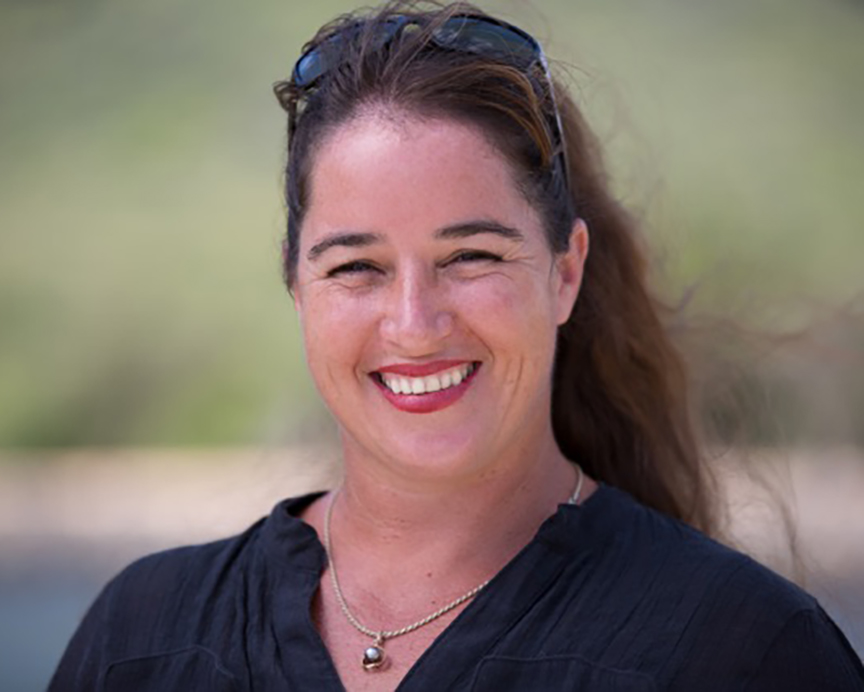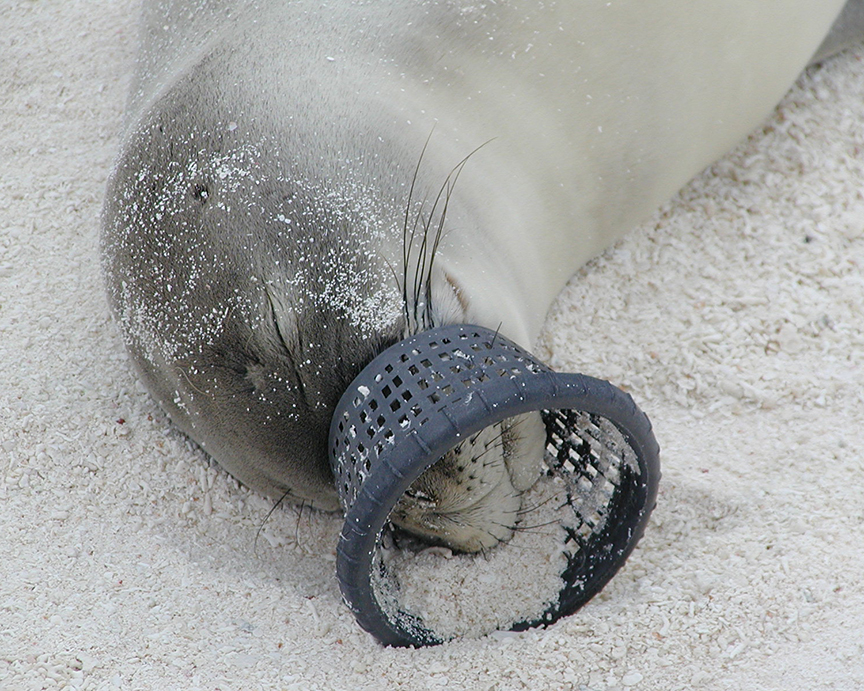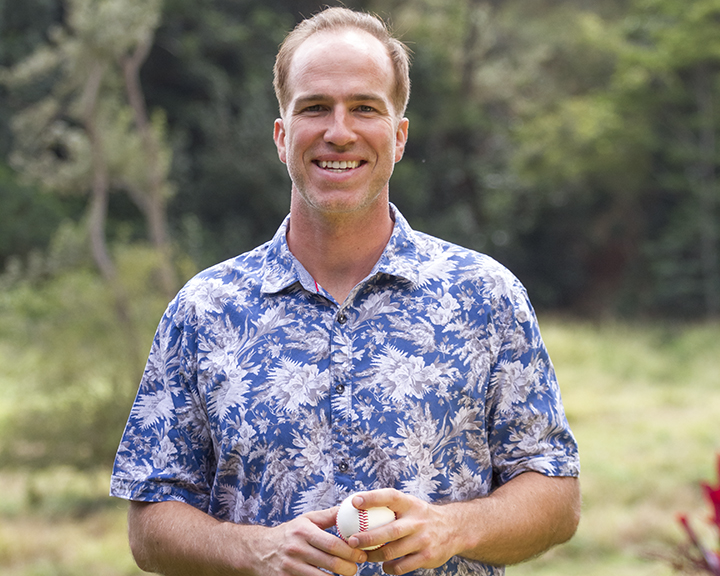
Graphic image courtesy of cop21paris.org
Hundreds of scientists — including noted physicist Stephen Hawking and biologist E.O. Wilson, and 30 Nobel Prize winners — are asking the United States to stick to the Paris Climate Agreement reached during the COP21 last December, according to a recent University of Hawai‘i release.
Days after the deal was reached last year, U.S. Secretary of State John Kerry told Fox News the agreement had neither mandatory targets for reduction nor enforcement provisions because the U.S. Congress would not have approved them otherwise.
More recently, the Republican nominee for the presidential elections to be held Nov. 8 has advocated withdrawing from the Paris Agreement, as documented here and here.
On Sept. 20, 375 members of the National Academy of Sciences, including 30 Nobel Laureates and two UH Mānoa oceanographers, published an open letter drawing attention to the serious risks of climate change. The letter also highlights the urgent need to reduce heat-trapping emissions as part of the Paris Agreement.

Graphic image courtesy of cop21paris.org
The scientists warn a U.S. withdrawal from this agreement would diminish U.S. credibility internationally, hobble U.S. economic competitiveness in developing and marketing clean energy sources and undermine the world’s ability to deal with climate change.

Graphic image courtesy of cop21paris.org
The NAS was formed under President Abraham Lincoln to provide independent scientific advice to policymakers. Academy membership is considered one of the highest honors in science. The signers are acting in their capacity as citizens and scientists. The letter is not an official communication from the academy or from other institutions with which the scientists are associated.
Climate scientist Benjamin Santer, who helped organize the letter, said he felt it was important to speak out.
“Human-caused climate change is real, is serious and is happening now. The United States has to be a leader in international efforts to reduce greenhouse gas emissions and solve this global problem,” Santer said in a UH press release.
Kerry Emanuel, another climate scientist and letter organizer, said we are in “real danger of rolling back what progress we have made, exposing our descendants to unacceptable levels of risk.”

David Karl, left, and Edward DeLong. Photo courtesy of UH
David Karl, a UH Mānoa oceanographer who was elected to the academy in 2006 and served as a lead author on the 2013 IPCC Climate Assessment Report, said marine ecosystems are especially vulnerable to climate change.
“Unless we deal directly with this present crisis, the future ocean will be warmer, more acidic, less diverse and much less productive at all levels of the food web from bacteria to whales,” Karl said.
Ed DeLong, a UH Mānoa marine microbiologist who was elected to the academy in 2008 in the environmental sciences and ecology section said climate change and the trajectory of many of its predicted effects are undeniable.
“As scientists and citizens, and for the good of future generations, we must face up to current day activities that contribute to climate change, and attempt to mitigate anticipated future impacts on coastal communities and cities, food and water supplies and diverse terrestrial and marine ecosystems worldwide,” DeLong said.

Graphic image courtesy of cop21paris.org
Astrophysicist George B. Field, another organizer, said the role that scientific expertise must play in informing policy decisions, whether in climate change, genetics, medicine and other scientific fields that impact society.
“The response of so many NAS members shows that this isn’t just of concern to climate scientists — it demonstrates the strong consensus of the broader scientific community on the urgency of this issue,” said Astrophysicist Ray Weymann, the fourth organizer.
Commenting on the letter, Neil deGrasse Tyson, a recipient of the Academy’s Public Welfare Medal, said, “For lawmakers to not heed the advice of esteemed scientists on matters of science, in this the 21st century, signals the beginning of the end of an informed democracy.”
Discover more from ForKauaiOnline
Subscribe to get the latest posts sent to your email.







Leave a Reply